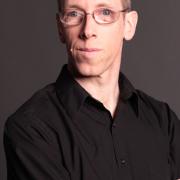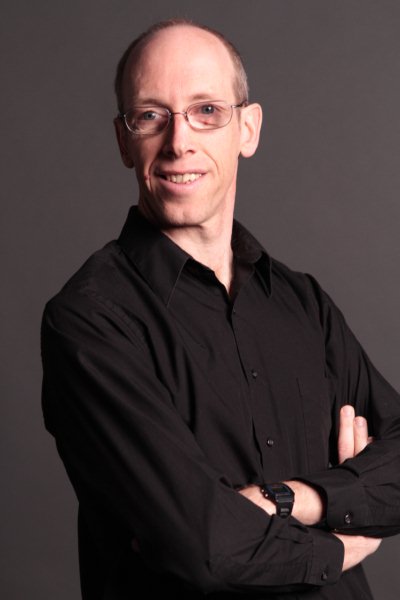
Profile
Colin Phillips specializes in the combination of theoretical linguistics, language processing, language acquisition and neurolinguistics, with the primary focus on trying to understand the microstructure of linguistic computation. The ultimate objective is to be able to seamlessly integrate models of language, from high-level theoretical models all the way to the neurophysiological level. Phillips teaches courses on various aspects of language and mind at the graduate and undergraduate level.
He is part of the largest and most integrated community of language scientists in North America. He coordinates the University of Maryland's interdisciplinary graduate training program on "Biological and Computational Foundations of Language Diversity," supported by an award from the National Science Foundation's IGERT (Integrative Graduate Education and Research Traineeship) program.
He also co-directs Maryland's Magnetoencephalography (MEG) Center, and is working with a team of colleagues to establish the new Maryland Neuroimaging Center, which opened in Summer 2011.
Video & Transcript
I am Colin Phillips and I am from the Department of Linguistics.
So, what I’m interested in is how it is that we understand language and how we manage to do it so that something seems effortless, even though it’s not at all effortless. So if you think about how you see the world; if you’re looking in front of you, you feel like you have this clear image of what you see in front of you, but that’s an illusion, it’s really not true. You actually have a clear image of something very narrow in front of you and then in the rest of your visual field you’re functionally blind. And Language understanding is really kind of similar to that. At any moment in time you’re just hearing a very small slice of the sound that’s coming out of my mouth and you’re using that to build up this much larger picture of what you’re hearing, but you have to constantly go back and forth between what you’re hearing right now and things you’ve heard before, and that involves very precise memory mechanisms.
When we measure brain waves using electrodes or using magnetic brain recordings, there we can track changes and bring it to you millisecond by millisecond. And we can see there how different brain systems are differentially dealing with different aspects of language processing. There are a lot of different types of tools that we can bring to the table. Sometimes we just do very simple games with pre-school aged children over at the Center for Young Children and that can teach us a lot about how it is that children are understanding language. Hopefully, what we’ll find is that part of what we thought was going to happen, did happen, but then something cool and surprising that we didn’t expect to happen comes out of it because that’s what then leads to lots of new and interesting questions.
The problem of how it is that we have something in the human brain that means that we can effortlessly understand language. You can’t solve that with one person coming from one area; you have to solve it using people from different areas. We have this unique opportunity here at Maryland-- bringing together people from different areas involved in language science across the entire university to create a massively interdisciplinary language science community that spans all the way from electrical engineers to neuroscientists to clinicians to educators. Many, many different people have an investment in understanding how human language works. And if you can understand that, then you stand a much better chance of understanding well what happens when it’s not so successful if you’re looking at people who suffer a stroke; or people who come to the language learning house late because they’re immigrants; or technologists who are trying to build better computer systems to understand language. We want to understand how the system functions, when it’s working at its best and then we have a better chance of helping people. So I’m lucky to work with some of the smartest young minds in my field and it’s just really, really exciting and I expect to spend a lot of the next few years focused on that.
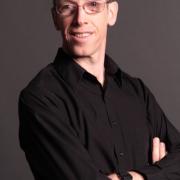 ,
, 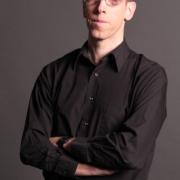 ,
, 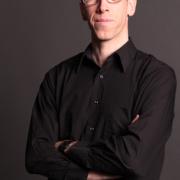 ,
, 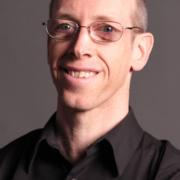 ,
, 